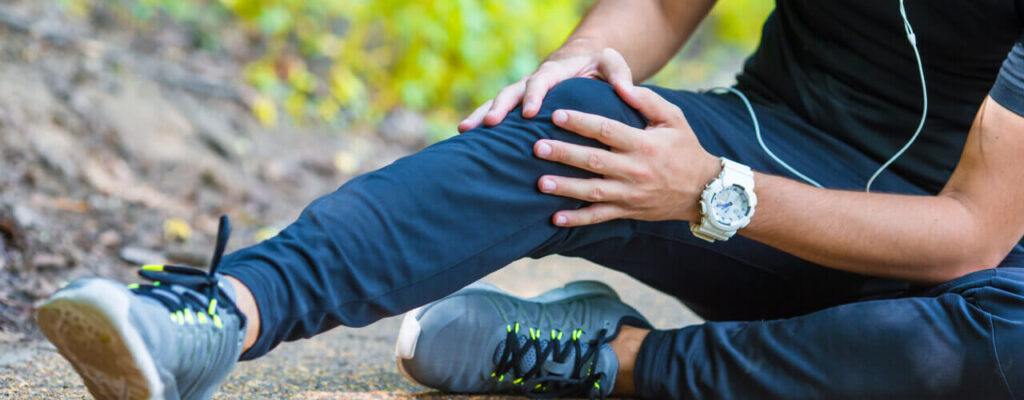Physical Therapy Can Help You Reduce Joint Pain and Improve Mobility

As we grow older, we may find ourselves thinking the same thing: our joints aren’t what they once were. Perhaps you’re dealing with an injury that makes movement difficult, or you’ve developed osteoarthritis as a result of age-related “wear and tear.” Whatever the case may be, one thing is certain: without aches and pains, you can’t get around as well.
Taking painkillers or living a sedentary lifestyle to compensate for daily aches and pains, on the other hand, is not a healthy method to deal with your disease. If you want to live your life to the fullest without being hampered by joint aches and stiffness, consider an all-natural solution: physical therapy.
Causes for joint pain and stiffness
To comprehend how physical therapy may assist you with your joint difficulties, you must first comprehend why they are occurring. Joint stiffness and discomfort can be caused by a variety of factors. Muscles, tendons, ligaments, or the joint may be damaged in an acute sprain or strain, for example. Inflammation can occur, which can be unpleasant and immobilizing.
Soft tissue injury, on the other hand, does not have to happen in a dramatic catastrophe; it can happen gradually over weeks, months, or even years. Chronic tendinitis or bursitis can develop if your chosen sport, career, or pastime leads you to repeatedly overstress certain joints.
Soft tissue discomfort can occur even if you don’t do anything. If you’ve had your arm in a sling for a long period, a condition called adhesive capsulitis, sometimes known as “frozen shoulder,” can cause your shoulder to become unusable.
Osteoarthritis is the most common cause of joint pain and stiffness. Age-related degeneration of the cartilage between the bones of a joint is the most common cause of this ailment. Rheumatoid arthritis, which is a painful and debilitating joint illness caused by autoimmune disorders, is another prevalent type of arthritis.
Different pain relieving methods used in physical therapy
As you can see, there are a variety of causes for joint discomfort. Fortunately, there are several types of physical therapy that can help you relieve your discomfort and increase your range of motion by addressing these symptoms.
One of our skilled physical therapists will begin by thoroughly assessing your issue. An investigation of your overall health, daily activities, and the nature of your symptoms will be conducted.
Evaluation of the joint itself and your ability to move it will also be a crucial part of your evaluation, as it can reveal exactly what the underlying problem is. This will lead toward the recommendation of specific types of therapy, such as:
- Stretching exercises. Stretching exercises help injured muscles and connective tissues heal back to their former length and range of motion. These exercises are also good for keeping arthritic joints from becoming stiffer.
- Joint mobilization techniques. Joint mobilization techniques can help improve your pain-free range of motion and increase your function. You may also benefit from techniques aimed at breaking up internal scar tissue, which can form over old injuries and cause chronic stiffness.
- R.I.C.E. RICE stands for “Rest,” “Ice,” “Compression” and “Elevation.” If you are nursing an acute joint injury, your physical therapist will likely prescribe this protocol in order to reduce pain and swelling.
Set up an appointment with a skilled PT today
Our highly qualified physical therapists may design a unique treatment plan that is tailored to your specific needs and objectives. Don’t put up with your aching joints any longer; contact our office today to begin your journey to healing and relief!
Sources:
- https://www.moveforwardpt.com/SymptomsConditionsDetail.aspx?cid=dbe9c9ba-7c47-4b77-8d44-a499cd81074a
- https://www.moveforwardpt.com/SymptomsConditionsDetail.aspx?cid=f542d61e-c2d9-41d8-a4e0-3495c60912a1
- https://www.moveforwardpt.com/SymptomsConditionsDetail.aspx?cid=b53d025f-e58e-47d3-9f35-388f9ae9db49
- https://www.moveforwardpt.com/SymptomsConditionsDetail.aspx?cid=1bd18bbc-e7ea-436d-bc9e-ffee9c4dbd87
